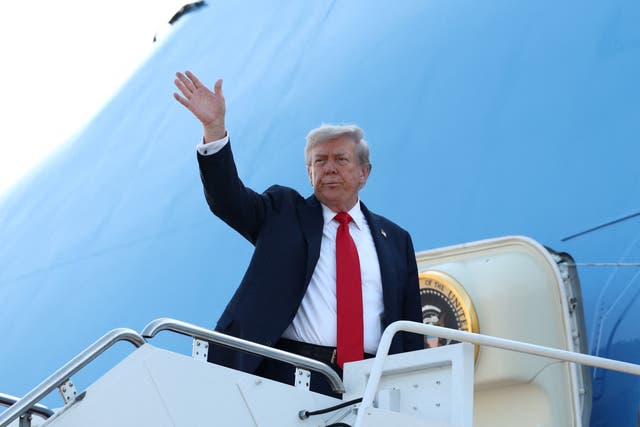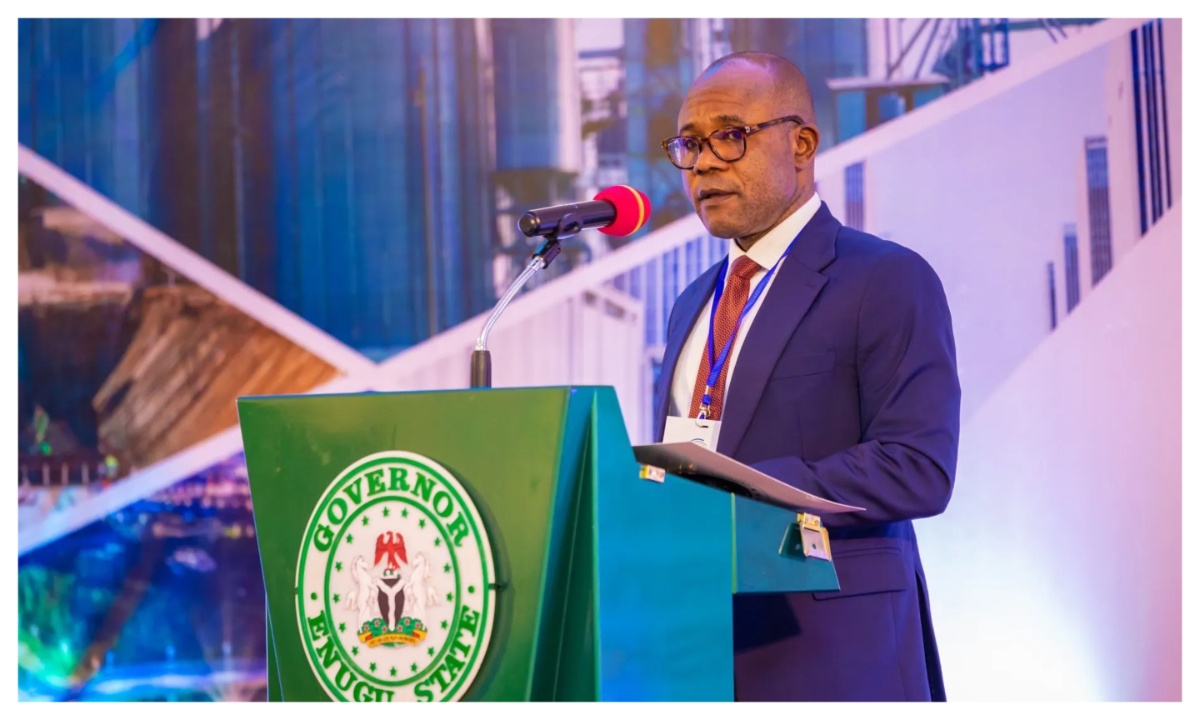Now Reading: Canada’s Economy Falters as PM Mark Carney Heads to Washington for Crucial Tariff Talks with Trump
-
01
Canada’s Economy Falters as PM Mark Carney Heads to Washington for Crucial Tariff Talks with Trump
Canada’s Economy Falters as PM Mark Carney Heads to Washington for Crucial Tariff Talks with Trump

Canada’s Prime Minister, Mark Carney, is set for a high-stakes meeting with U.S. President Donald Trump in Washington, amid rising unemployment, sluggish growth, and growing fears of a new trade war that could deepen the country’s economic crisis.
With unemployment climbing to 7.1% — the highest level in nine years — and major export sectors struggling under steep U.S. tariffs on cars, steel, and aluminium, the pressure is mounting on Carney to secure relief and preserve jobs.
Trump is now threatening another blow to the Canadian economy: a 10% tariff on softwood and lumber, one of Canada’s top exports to the United States.
“It makes a difference to have face-to-face time with Trump,” said Inu Manak, a senior fellow for international trade at the Council on Foreign Relations. “The pressure is on Carney to leverage it.”
Economic anxiety at home
A new Abacus Data poll of 1,500 Canadians found that the economy and cost of living rank as the country’s top concerns, highlighting growing frustration with rising prices and job insecurity.
Experts say that while Trump’s tariffs target Canadian exports, they also drive up domestic prices because raw materials frequently cross borders multiple times before reaching consumers.
“Tariffs on exports to the United States can still raise prices for Canadians because the raw materials cross borders to produce finished goods,” explained Jeffrey Schott, senior fellow at the Peterson Institute for International Economics.
Carney is expected to push for targeted exemptions to sectoral tariffs and lobby for greater flexibility under the U.S.-Mexico-Canada Agreement (USMCA) — the trade pact Trump originally brokered during his first term, which is due for review next year.
A delicate trade balance
Under the USMCA, goods that meet the pact’s strict compliance rules currently enjoy duty-free access to the U.S. market. However, Trump has hinted at tightening the rules and using tariffs as leverage in future negotiations.
“What is at risk is the continuation of that deal or the slow unraveling of it,” warned Schott.
Carney’s challenge is not only to protect Canada’s economy but also to prevent the erosion of North American trade relations at a time when Trump appears poised to use tariffs as a long-term bargaining tool.
“Trump could keep dangling the USMCA as endless leverage,” said Manak, suggesting that both Canada and Mexico might soon need to prepare for separate bilateral trade talks with the United States.
As Carney heads into talks in Washington, the outcome could determine whether Canada’s struggling economy finds relief — or slips further into recession.




